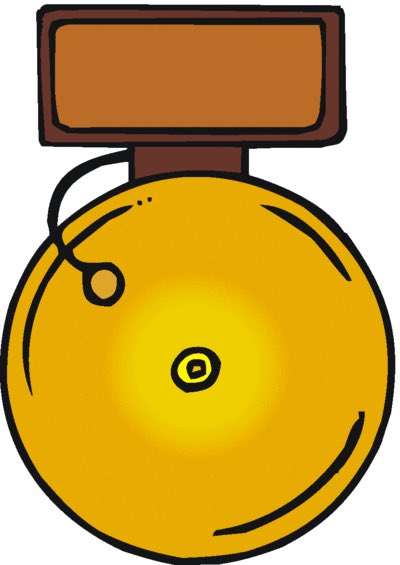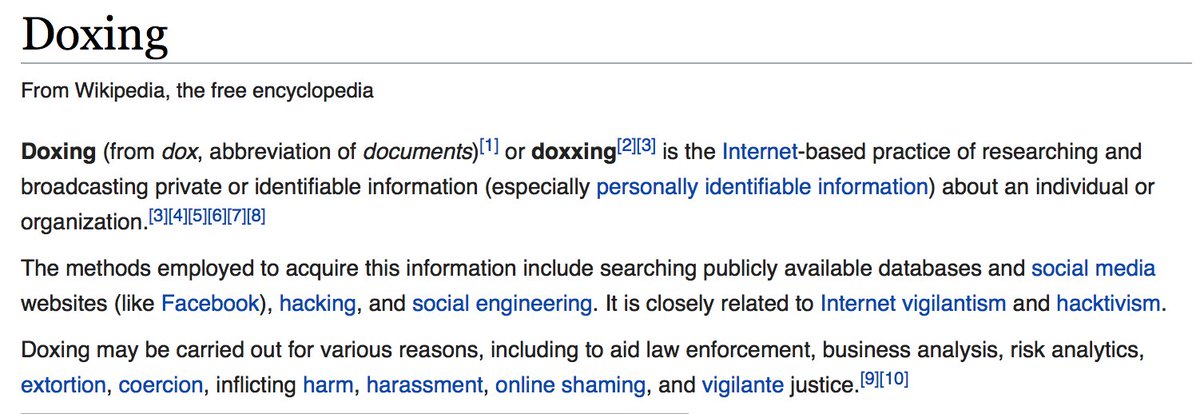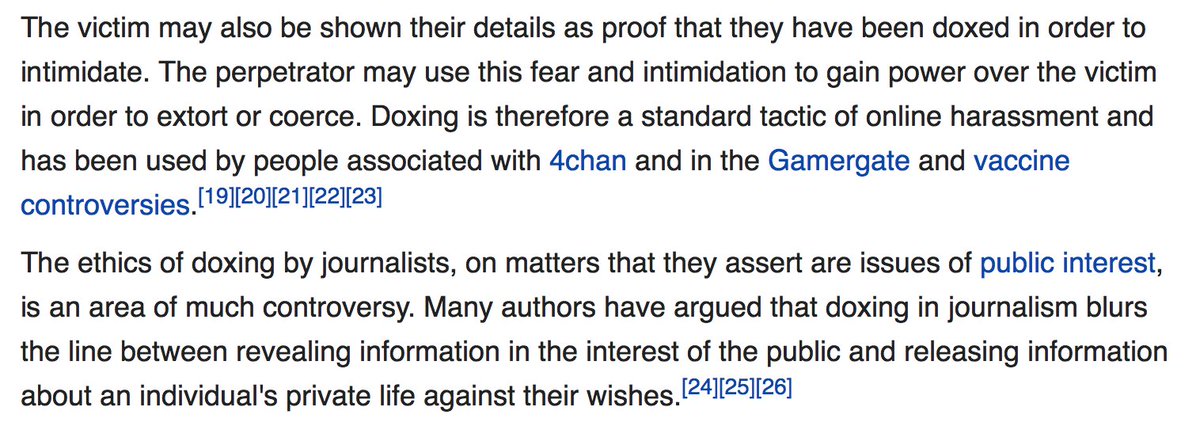But first, I heard that some students stole the RockSchool’s mascot and fed it a huge vat of beans.
DISAPPROVING GLARE.
So please grab your notebooks and start a page, with the title at the top, INDISPUTABLE TRUTHS.
Trust me, it will be important.
Do you remember what the first three UNIVERSAL TOOLS are?
Do you remember who your first customer is?
Do you remember the industry term for an ‘elevator pitch,’ the first part of the pitching process?
Remember, the goal here isn’t just to write, but to actually HAVE some knowledge to help you negotiate those waters.
This isn’t empty smoke, you brought some goods to the table, and I am impressed. I am hearing from some of my friends and THEY are impressed, too.
Nothing in the world is going to make me happier than seeing some of you go on to print your own books or be printed by some publisher.
Those are still put away. But I know a lot of you have internalized those things.
I have some advice.
Don’t add to your load. When you are carrying a bed frame, don’t put an anvil on top.
Here’s how to beat those demons.
If you have a 200 page graphic novel in mind, beating yourself up because you’re not FINISHED is just self-abuse.
Because you CAN be finished, every day.
Write a page. Write TWO pages.
Then you are finished for the day. FINISHED.
Looking at the pages you FINISHED that day is a source of pride.
Even long-term pros beat themselves up over this.
THINK IN PAGES FINISHED, then every day is an accomplishment.
Because the writer who frets and hates themselves because they aren’t done?
He goes far, far slower than the one who says, “okay, got that scene done, good job!” And moves on.
Think in chunks, each step is a small victory.
Okay?
You can do this.
Which is this.
NOTHING IS EVER OPTIMAL.
It means that, maybe your partner isn’t as supportive as they could be, maybe you have a health issue, maybe you are exhausted from your day job.
All of those things are valid, don’t let anyone tell you they aren’t.
BUT.
But NOTHING IS EVER OPTIMAL
And what I ACTUALLY had was a tiny nook in our bedroom above my day job where I had to type quietly after a ten hour shift.
This is where your Universal Tool, PASSION comes in.
Write anyway.
Whenever you can, write anyway.
The next on the INDISPUTABLE TRUTHS list.
YOU DEFINE YOUR GOALS, SO YOU DEFINE YOUR SUCCESS.
Think about it.
All of those are valid.
But I have a friend who is a writer who has a tv series and a bunch of projects that make her happy beyond words, and none of them include Batman.
And success tends to breed opportunity.
Opportunity breeds more success.
It’s a happy path, you just have to follow it.
OKAY! Work time!
This is where you start to learn your chops.
And this is where a LOT of people panic.
:)
For some, that chair and the blank screen are an electric chair for the condemned, and they dread it.
But what if it’s not that at ALL?
Or what if it’s a time machine where you can go and relive a bit of your life where you had regret and wish you had done things differently?
I’m a tea-drinking former hairdresser. But when I write a fight scene for Batman, part of me is throwing those punches.
That’s what that chair is, that’s what that blank page is.
It’s a feeling unlike most anything, it’s art, it’s an outlet, it’s storytelling.
It’s a tradition that has gone on since before written history.
;)
This is not the pie-in-the-sky creative rah rah thing, these are your pliers and wrenches.
Talent, you are mostly given. Craft you can LEARN.
So that’s our focus today.
We started a thread under the hashtag #FirstPage, for yesterday’s homework assignment. If you can, it’s great if you put your first page on that thread.
Then I want you to read at least FIVE entries on that thread, after class.
But read five, and ask if they make you want to read further.
THAT is the goal of the first page.
EVEN IF YOU THINK IT’S PERFECT, do a revision, small or significant, with what you have learned.
Got it?
Arguably, the first page is THE most important page of your story.
It is certainly the one that must be constructed the most carefully.
Guys, this is the page that determines if someone turns the page or closes the cover.
VITAL.
BUT ENOUGH DISTRACTION.
THAT is your opening page.
It is the greeting between writer and readers.
Shine your shoes, comb your hair.
Did your first page tell us WHERE it takes place, and with WHO?
1) No panels establishing location
2) Characters are not named.
Let’s look at both.
Which leads to my next INDISPUTABLE TRUTH for the list, please write it down.
NOTHING IS WRONG IF IT WORKS.
The establishing shot. It’s not just essential for storytelling, it is a VITAL part of comics.
The shot says SO MUCH. Is it a lonely forest with the rain coming down, is it an exhausted soldier behind enemy lines, is it a Star Destoyer passing overhead?
The establishing shot is a handshake with the reader...”We’re here, okay?”
When you play D&D, the FIRST thing they do is tell WHERE YOU ARE.
The artist will have that in mind when drawing, it comes out on the page.
It lends depth.
But the best thing is? It’s a cheat code.
The ESTABLISHING shot is the switch. You turn it on and forget it.
Done well, it stays in the reader’s mind.
Which leads to our next INDISPUTABLE TRUTH.
It’s a fact. Let them tell as much of the story as possible.
A PICTURE of a rusty truck is better than three captions of “Boy, that damn truck was sure rusty.”
Let your artist do THEIR craft.
Hopefully, it introduces a character or characters, and potentially a bit of the conflict. Our story is MAX at 8 pages (please do NOT go over), so we want to get to the meat. Be charming, be clever, but get to the STORY, okay?
But I did see a couple mistakes several times. These are what I want you to watch for.
A) Characters are not named or established.
This is where your craft comes in.
So when you make your revision, add a little character description. Bit players just need a look, antagonists need more.
NO ONE KNOWS WHAT YOU INTENDED IF IT’S NOT ON THE PAGE.
The issue is fine, but that will bug me forever.
The SECOND objection I had was the opposite thing, there was simply too much information in some of the #firstPage entries.
Some had a LOT of information that was a bit much to process immediately.
That is what making a page too busy is, everyone loses.
Again, nothing is wrong if it works. But use these as guidelines.
1) Average 4-6 panels per page. Uneven numbers tend to be more interesting layouts.
2) 35 words per panel is generally ample. Less if possible.
Don’t have a character perform two actions in one panel generally. The artist can’t draw a character rising from the grave and biting someone both.
Be careful with crosstalk, which is multiple back and forth dialogue of multiple characters.
You can include notes, explain decisions, give direction.
That was something we need more of, from the #firstpage samples. Tell the artist what you are hoping for!
What do they like to draw, and what do they hate to draw?
I know for a fact Nicola Scott hates drawing cars and technology.
She CAN do it, but it’s drudgery. So I write other things.
Make sense?
Remember this Indisputable Truth and write it down, please.
YOUR ARTIST IS NOT YOUR SERVANT.
Even if you are paying, they are your collaborator. Give them OPTIONS, not orders.
“Don't micromanage your artists. give them what they need to accomplish the goal of each panel or page, but respect their creativity, independence, and collaboration.”
So first exercise after class, read at least five of the #FirstPage entries.
Homework one: Revise your First Page script, include whatever information the artist and editor need to know (be nice to Fred).
They are
TALENT
and
STYLE
We covered these a LITTLE today, more tomorrow.
You have ALL of these, you just have them in different amounts, and THAT IS OKAY.
There’s just one more, we will reveal it on the last day of class.
;)
INCLUDING your revised first page, write the first half of your story.
Remember, the MAXIMUM length is 8 pages, and minimum is five.
So total today is between 2 1/2 and 4 pages. PLEASE don’t go beyond that.
I am very proud of you.
We had close to a quarter million impressions on the first DAY ONE tweet alone, Day Two was like 150000, I believe, already.
People are watching you, and you had the courage to participate.
You are doing it.
Please feel free to share your work with each other.
Remember, script format is up to you, but commonly it will be something like the following tweet.
5 panel page, first panel is an ESTABLISHING shot.
PANEL ONE: A lagoon, we see an actress in a white bathing suit swimming. This is ANNE. She has a camera crew watching her, 1930’s tech.
CAPTION: The Paradise Studios Backlot
DIRECTOR: More SMILES, Anne!
THANK YOU, JESSE!
I will be in the discord chat for a bit answering questions, come on in!
Take a look and see what the panel counts and balloon counts are.
Doesn’t matter if it’s done well or terribly, you learn either way!
THANKS, ALL!
Don’t let missing a day derail you, all the stuff is there!













